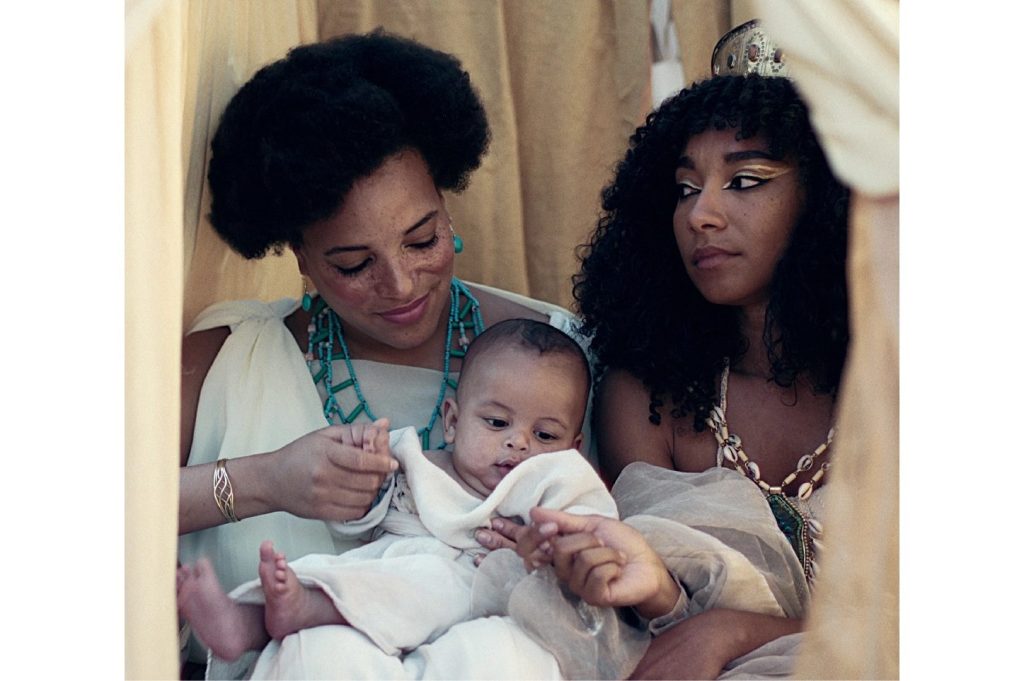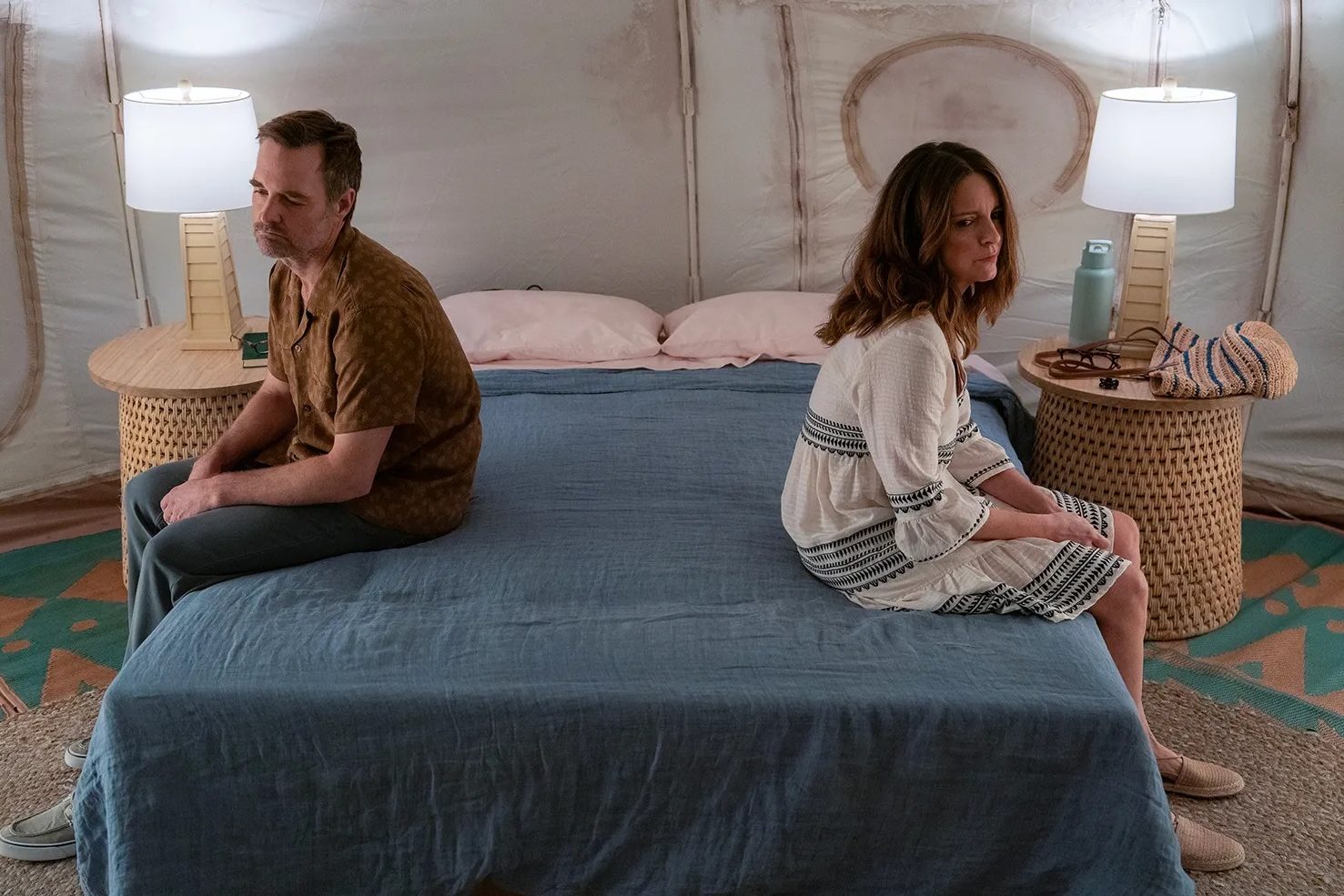The most controversial aspect of Netflix’s new drama-documentary Queen Cleopatra — not least in Egypt — was the casting of a black actress, Adele James, in the title role. After all, one of the few things that seems certain about Cleopatra’s early life is that she was a Macedonian Greek. Luckily, though, the show had a powerful counterargument to this awkward and Eurocentric fact. As the African-American professor Shelley P. Haley put it with a QED-style flourish, back when she was girl, her beloved (if uneducated) grandmother once said to her: “I don’t care what they tell you in school, Cleopatra was black.”
Watching Queen Cleopatra felt alarmingly like witnessing the death of scholarship
And of course, given the series’ entirely unhidden agenda, being a black woman also means that Cleopatra “ruled with unparalleled power,” “bowed to no man” and was basically great at everything. In the talking-heads sections, we were assured again and again what a strong and empowered feminist she’d been. In the drama bits, we saw her whooping male ass in sword fights; proving that she was “first and foremost a scholar” by looking thoughtful beside a pile of manuscripts; poring over military maps while asking her generals, “if we target the northern defenses, do we leave ourselves vulnerable at our eastern ports?”; giving Julius Caesar handy architectural tips about his new library; and airily besting Cicero in political debate.
Not that any of this prevented her from also being hot in the sack. In the words of another supposed scholar — and apparent clairvoyant: “Julius Caesar would never have met a woman like Cleopatra with complete control and confidence in her own possession of her sexuality and her identity.”
If you looked carefully amid the fantasizing and wish-fulfillment, the program did sometimes offer some actual history, with particular reference to the rise of Rome and the related decline of Egyptian power. The obvious trouble, however, is that because of its weirdly unashamed lack of objectivity, you couldn’t trust any of it. Perhaps this is a bit much to lay on a rubbishy Netflix four-parter, but watching Queen Cleopatra felt alarmingly like witnessing the death of scholarship.
This article was originally published in The Spectator’s UK magazine. Subscribe to the World edition here.





















